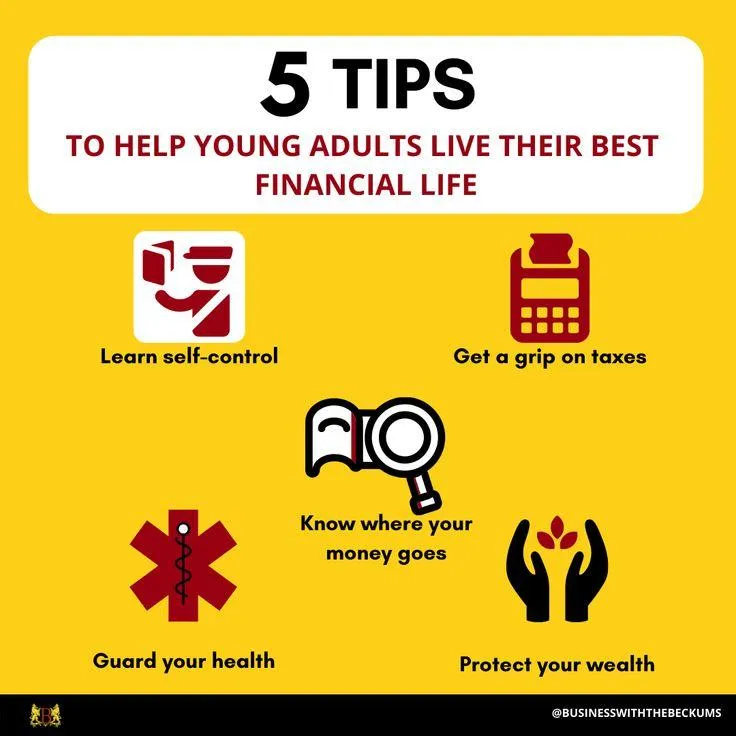
Financial Advice for Post Secondary Students
Your Financial Roadmap: Advice for High School Graduates
Congratulations, graduates! As you prepare to embark on the next chapter of your journey after high school, it's essential to equip yourself with the tools and knowledge to navigate the financial landscape ahead. Whether you're heading off to college, starting a career, or exploring other opportunities, here are some valuable pieces of financial advice to help you set a strong foundation for your future.
1. Budgeting Basics
Creating a budget is the cornerstone of financial management. Start by tracking your income and expenses to gain a clear understanding of your financial picture. Allocate funds for essential expenses like tuition or rent, as well as discretionary spending on entertainment and other activities. Remember to prioritize saving for future goals, such as an emergency fund or long-term investments.
2. Establishing Credit Responsibly
Building a good credit history is crucial for future financial success. Consider applying for a student credit card or becoming an authorized user on a parent's account to start establishing credit. Use credit responsibly by paying bills on time and keeping balances low. Avoid overspending and be mindful of your credit utilization ratio to maintain a healthy credit score.
3. Planning for Education Expenses
If you're pursuing higher education, explore all available options for funding your studies. Research scholarships, grants, and student loans to determine the best financial aid package for your needs. Consider the long-term implications of student debt and strive to minimize borrowing where possible. Additionally, explore alternatives such as work-study programs or part-time employment to help cover expenses while in school.
4. Investing in Your Future
Start thinking about long-term financial goals, such as saving for your future, like maybe homeownership or even retirement. A Tax-Free Savings Account (TFSA) as soon as you turn 18 is a good start. There is also the First Home Savings Account (FHSA) which allows you to save tax free for your first home. There is also the benefit of long-term compound interest and starting retirement planning as soon as you start earning an income, this can be done with a Registered Retirement Savings Plan (RRSP). Consider seeking guidance from a financial advisor to develop a personalized investment strategy tailored to your risk tolerance and objectives.
5. Practicing Financial Discipline
As you transition into adulthood, cultivate habits of financial discipline and responsibility. Avoid impulse purchases and prioritize needs over wants. Set aside a portion of your income for savings and investments, even if it's a modest amount. Embrace a mindset of delayed gratification, focusing on long-term goals rather than short-term indulgences.
6. Seeking Knowledge and Guidance
Never stop learning about personal finance and seek out resources to expand your financial literacy. Take advantage of online resources, books, workshops, and courses to deepen your understanding of topics like budgeting, investing, and debt management. Consider consulting with a financial advisor or mentor for personalized guidance and support on your financial journey.
Conclusion: Your Financial Future Awaits
As you step into the world beyond high school, remember that financial responsibility is a journey, not a destination. By prioritizing budgeting, responsible credit usage, education funding, investing, discipline, and seeking knowledge, you'll be well-equipped to navigate the challenges and opportunities that lie ahead. Embrace the opportunity to take control of your financial future and pave the way for success, one step at a time.
Congratulations again on your graduation, and best wishes for a bright and prosperous future!
